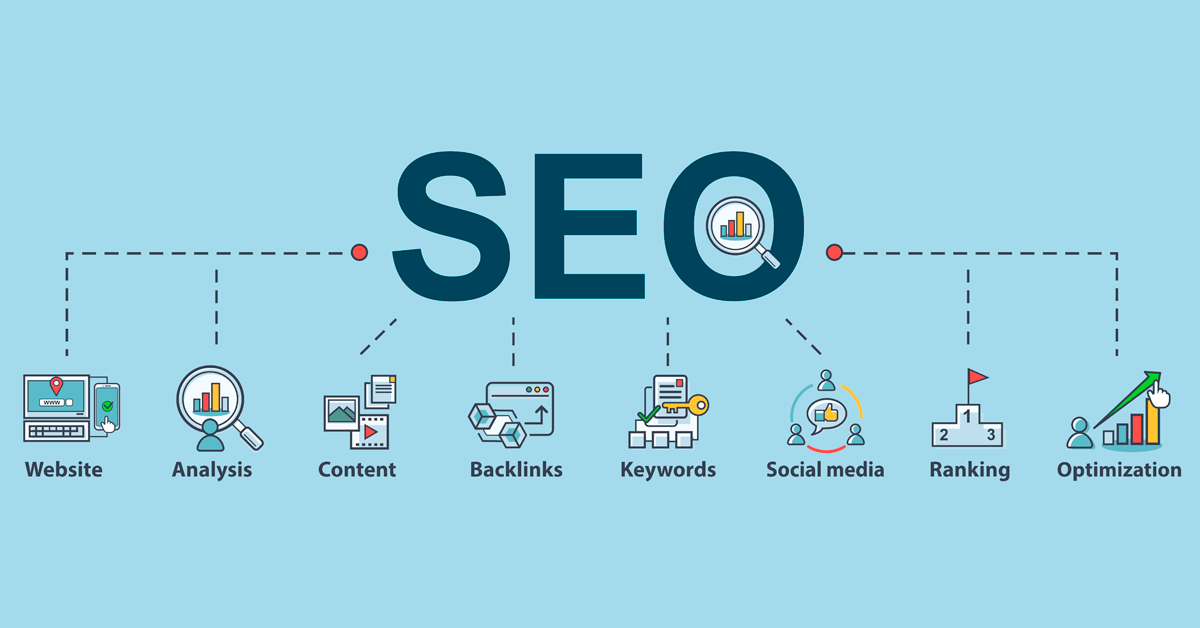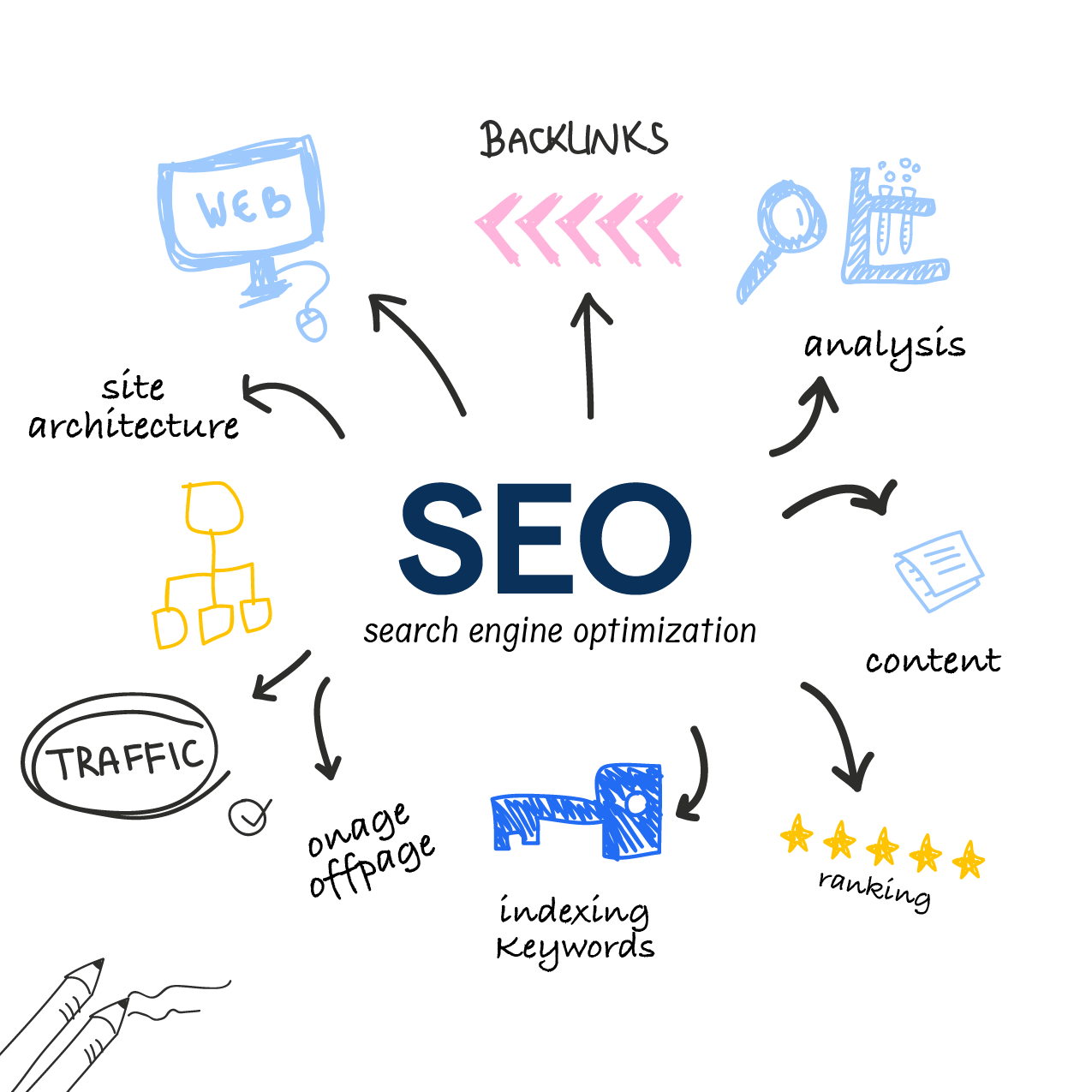What is SEO and Why is it Important?
Search Engine Optimization (SEO) is a crucial digital marketing strategy aimed at enhancing a website’s visibility in organic search engine results. It encompasses a variety of practices designed to align a website with the ranking algorithms of search engines, primarily Google, which dominates the search market with approximately 92% share.
What is SEO?

SEO involves optimizing web pages to improve their ranking in search engine results pages (SERPs). This is achieved through a combination of technical and content-focused strategies that ensure a site is easily discoverable by search engines and appealing to users. Key components of SEO include:
-
On-page SEO: This refers to optimizing the content and HTML source code of a page. It involves using relevant keywords, crafting compelling titles and descriptions, and ensuring the content is informative and engaging.
-
Off-page SEO: This includes activities performed outside of the website to improve its position in search rankings, such as link building and social media marketing.
-
Technical SEO: This focuses on the backend of a website, ensuring it meets technical requirements set by search engines. This includes improving site speed, mobile-friendliness, and ensuring proper indexing and crawling.
Importance of SEO

Effective SEO strategies can lead to increased organic traffic, higher visibility, and improved brand authority. Statistics show that the first three organic search results account for about 30% of all click-throughs, highlighting the importance of ranking high in search results. Additionally, SEO provides a higher return on investment (ROI) compared to paid advertising, making it a cost-effective strategy for businesses looking to enhance their online presence.
Key Strategies for SEO
-
Keyword Research: Identifying the right keywords is fundamental. This involves understanding what potential customers are searching for and optimizing content accordingly.
-
Content Quality: Creating high-quality, relevant content that answers users’ queries is essential. This not only improves rankings but also enhances user engagement.
-
User Experience: A website must provide a good user experience, which includes fast loading times, mobile compatibility, and easy navigation.
-
Link Building: Earning backlinks from reputable sites can significantly improve a site’s authority and ranking.
-
Monitoring and Analytics: Regularly analyzing performance through tools like Google Analytics helps in understanding user behavior and refining SEO strategies accordingly.
In conclusion, SEO is an ongoing process that requires continuous learning and adaptation to the evolving algorithms of search engines. By implementing effective SEO practices, businesses can significantly enhance their online visibility and attract more traffic to their websites.
Citations:
comments powered by Disqus